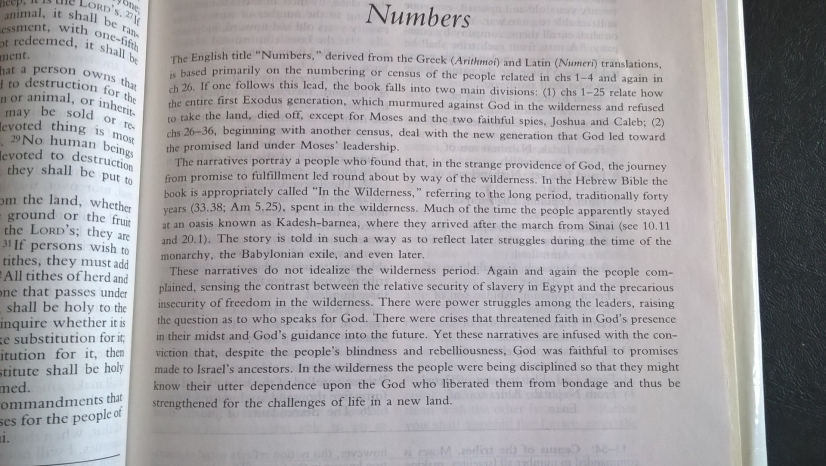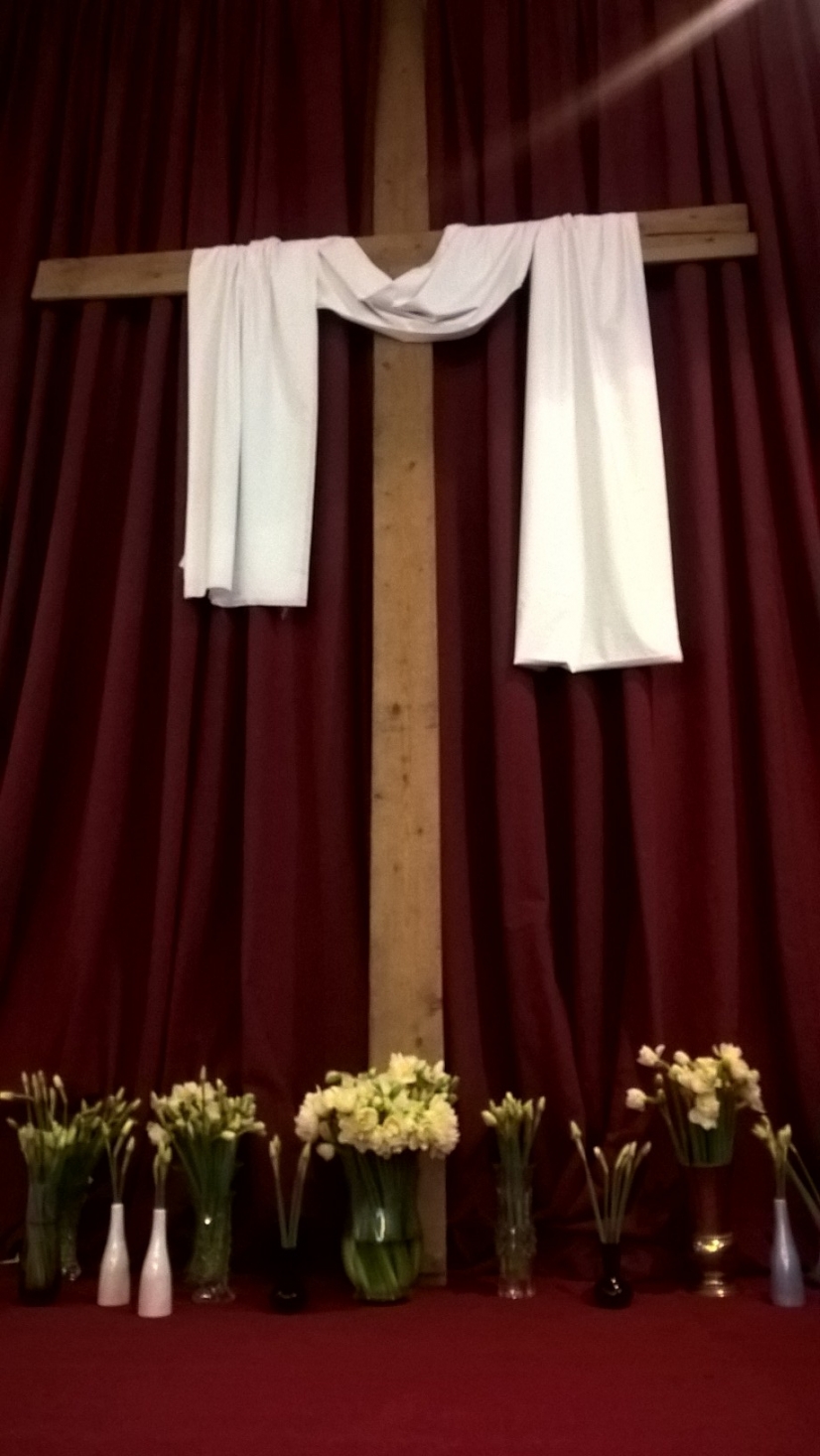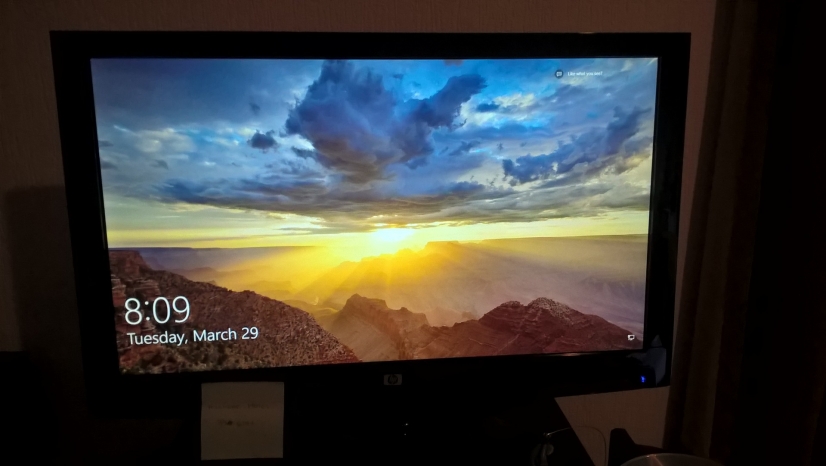Returning to work after an extended break is always a bit odd - the sense of being completely out of touch that may or may not be totally justified, the need to catch up with correspondence, read minutes, check in with various folk and begin to do some actual work as well.
Day 1 was productive, and tiring... so recognising the need to take it steady, not run before I can walk, and ease my way back in to the assorted stuff I do.
Day 2 has already seen some service prep and admin and will move on shortly to assorted pastoral stuff and maybe some sermon drafting if time permits.
It's good to be back in harness - I certainly thrive better with plenty to occupy me!


